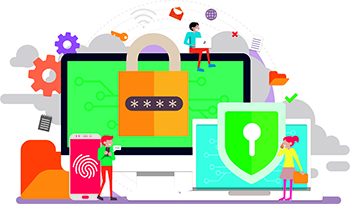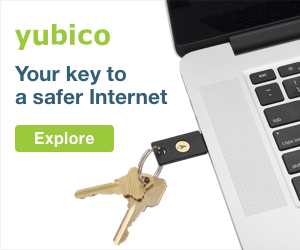We continue stressing the importance of good password behavior. Multi-factor authentication (MFA) is also important to protect your business and yourself from a security breach.
Almost every week you hear about another site or app being breached. Many of these breaches are caused by weak or reused

So what is MFA?
You have to provide that second piece of information—whether it’s a code, or a temporary password, or the swipe of a finger—before the account can be accessed. If the correct information isn’t provided, the account
How can MFA prevent breaches?
In most cases, an employee’s credentials get leaked, which allows a hacker to log in to the organization’s system. Once the hacker enters the stolen username and password, if it required MFA to the system, then it would ask for a second form of authentication. This would trigger an alert to be sent to the actual user’s phone or email asking them to authenticate. Since the hacker would not have access to that second piece of information, the hacker would not be able to log in and then a breach would
What should you do now?
First, start by enabling MFA for your password manager account. It’s important to remember that you should turn on MFA for more than just your password manager. Web apps like your
Using a password manager and MFA together allows you to combine two secure practices: strong, unique passwords on all of your accounts, and an additional layer of security. Together, these allow you to rest easier as the news of breaches continues to roll in because your online accounts are protected to the best of

